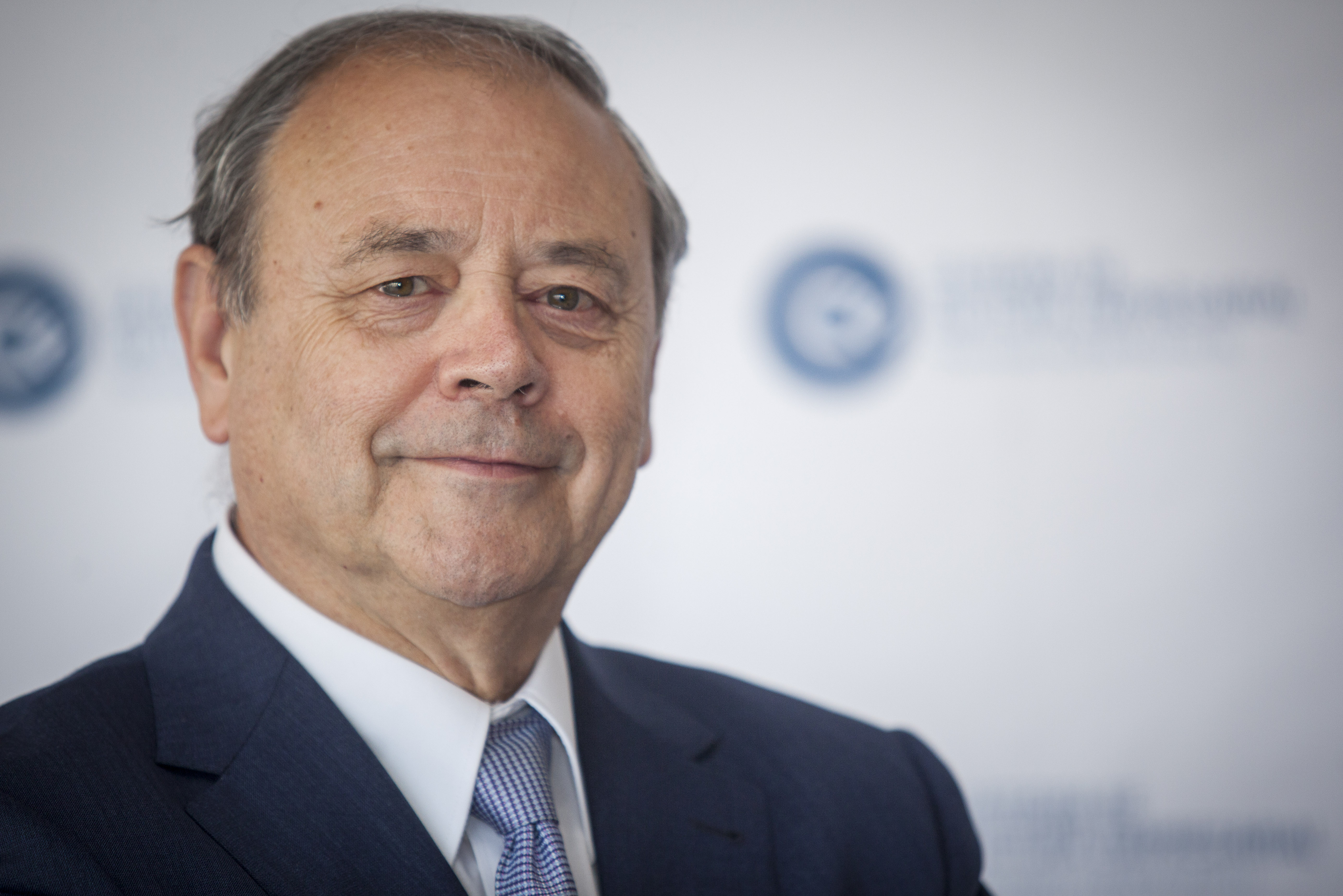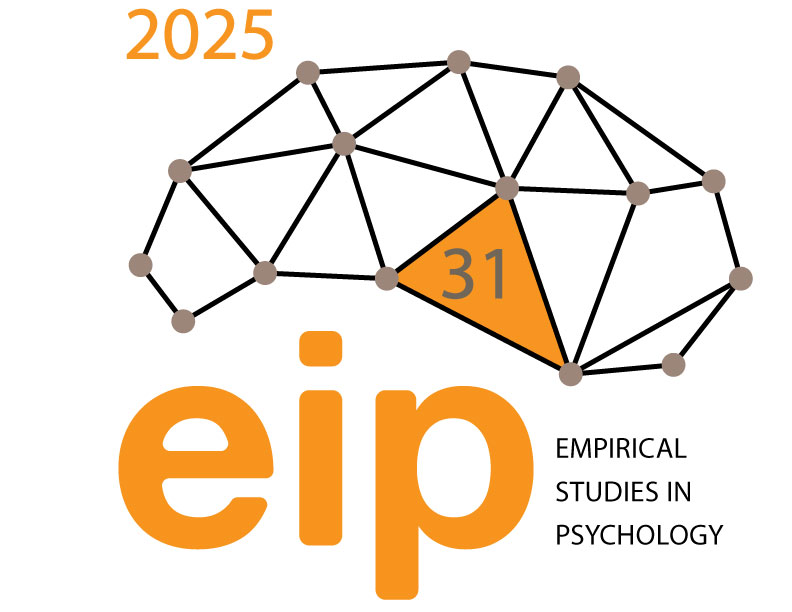José M. Peiró
ARE HAPPY TEAMS AND WORK UNITS MORE PRODUCTIVE THAN UNHAPPY ONES? EMPIRICAL EVIDENCE, UNRESOLVED QUESTIONS AND IMPLICATIONS FOR PRACTICE
Given the relevance of teams and work units in organizations, in my address, I will analyse the state of the art of the relationship between work units’ well-being and its relationship with their performance. To do this, I will consider existing research on different collective well-being constructs and collective performance. Research on ‘happy-productive work units’ (HPWU) has paid attention to different constructs of well-being (hedonic: team satisfaction, group affect; and eudaimonic: team engagement) and diverse operationalisations of performance (self-rated team performance, leader-rated team performance, customers’ satisfaction, and objective indicators). The theoretical frameworks to explain the HPWU relationship are attitude – behaviour models, broaden–and–build theory, and the job demands-resources model. These models have inspired research and a number of studies and provide empirical evidence about this issue. In fact, the relevant information is available on a variety of antecedents, mediating and moderating variables. However, a number of issues require more attention. For instance, the complex and dynamic relationships of well-being and performance of work units, or the fact that in some occasions these relationships are non-significant. Thus, it is important to identify existing gaps and challenges across the studies on HPWU and to formulate some relevant questions for future research and discuss their implications for professional practise aiming to improve well-being and performance of work units.
José M. Peiró is a professor of work and organizational psychology at the University of Valencia, founding director of the Research Institute of Human Resources Psychology, Organizational Development and Quality of Working life (2009-2018) and senior researcher of the Valencia Institute of Economics Research. He was president of the International Association of Applied Psychology (2011-2014) and president of the European Association of Work and Organizational Psychology (1995-97). He is a fellow member of the Society for Industrial and Organizational Psychology, European Academy of Occupational Health Psychology and Spanish Academy of Psychology. He has served as an associate editor of the European Journal of Work and Organizational Psychology (1995-2001). His areas of specialization are meaning of work, youth unemployment, work socialization, stress, wellbeing, organizational climate and culture. He holds an honorary doctorates issued by the Methodist University (São Paulo), the University Miguel Hernandez (Elx, Spain) and the University of Maastricht. He was awarded the Aristotle prize (European Federation of Psychology Associations), the Advanced international research and service award (International Council of Psychologists), and the Lifetime award (European Association of Work and Organizational Psychology).

